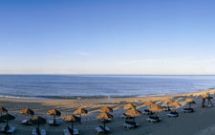As an act of faith or the simple pleasure of discovery, you will find in Portugal a multitude of reasons for visiting and for religious celebration and as many options for spiritual quest.
Portugal, the oldest nation in Europe, whose frontiers have been defined since the 12th century, consists of lands conquered from the Moors who lived here at the time. In this Christian Reconquest campaign, the Portuguese kings were aided by the movements of the Crusades, particularly the Knights Templar. So it is a traditionally Catholic country, and even today many churches and religious cults have their historical roots in the foundation of the nation. Marian devotion is one such example, and here we find numerous Marian Shrines and various forms of veneration of the Virgin Mary. But Fátima, the site of the apparitions of Our Lady to the three shepherd children in 1917, is arguably the most important sacred site in the country. It is a place of strong spirituality, known as the City of Peace, to which no one, believer or not, can remain indifferent.
In honour of Our Lady and many other saints, many forms of devotion are expressed by hugely popular feasts, festivals and pilgrimages. This is the case of the Feasts of Senhora da Agonia in Viana do Castelo, the pilgrimages around Braga (Nossa Senhora do Sameiro, the Shrine of S. Bento da Porta Aberta and Nossa Senhora da Abadia), the Shrine of Nossa Senhora da Penha in Guimarães and Nossa Senhora dos Remédios in Lamego, just to mention those that attract the biggest crowds in the north. Further south the Rainha Santa Festivities in Coimbra are notable, the processions and pilgrimages of Nossa Senhora da Nazaré and Nossa Senhora do Cabo (Cape Espichel, Sesimbra), the Shrine of Nossa Senhora de Aires, near Viana do Alentejo and the Shrine of Nossa Senhora da Conceição, in Vila Viçosa, also in the Alentejo. In the Algarve we would mention in particular the Feasts of the Mãe Soberana in Loulé, perhaps the greatest religious display south of Fátima.
As an act of faith or the simple pleasure of discovery, you will find in Portugal a multitude of reasons for visiting and for religious celebration and as many options for spiritual quest.
Portugal, the oldest nation in Europe, whose frontiers have been defined since the 12th century, consists of lands conquered from the Moors who lived here at the time. In this Christian Reconquest campaign, the Portuguese kings were aided by the movements of the Crusades, particularly the Knights Templar. So it is a traditionally Catholic country, and even today many churches and religious cults have their historical roots in the foundation of the nation. Marian devotion is one such example, and here we find numerous Marian Shrines and various forms of veneration of the Virgin Mary. But Fátima, the site of the apparitions of Our Lady to the three shepherd children in 1917, is arguably the most important sacred site in the country. It is a place of strong spirituality, known as the City of Peace, to which no one, believer or not, can remain indifferent.
In honour of Our Lady and many other saints, many forms of devotion are expressed by hugely popular feasts, festivals and pilgrimages. This is the case of the Feasts of Senhora da Agonia in Viana do Castelo, the pilgrimages around Braga (Nossa Senhora do Sameiro, the Shrine of S. Bento da Porta Aberta and Nossa Senhora da Abadia), the Shrine of Nossa Senhora da Penha in Guimarães and Nossa Senhora dos Remédios in Lamego, just to mention those that attract the biggest crowds in the north. Further south the Rainha Santa Festivities in Coimbra are notable, the processions and pilgrimages of Nossa Senhora da Nazaré and Nossa Senhora do Cabo (Cape Espichel, Sesimbra), the Shrine of Nossa Senhora de Aires, near Viana do Alentejo and the Shrine of Nossa Senhora da Conceição, in Vila Viçosa, also in the Alentejo. In the Algarve we would mention in particular the Feasts of the Mãe Soberana in Loulé, perhaps the greatest religious display south of Fátima.
Besides these, many other colourful festivities take place across the country, such as the Popular Saints Festivities that are held in Lisbon on 13th June, for Santo António (St. Anthony), and Porto on 24th June, the day of S. João (St. John). Indeed, Santo António, whose church and museum by Lisbon Cathedral are much visited, is the subject of much devotion not only in Lisbon, where he was born, but throughout the country.
You will see that various pilgrimage routes can be followed in Portugal, but those that go to Santiago de Compostela, linking some important religious centres since the 12th century, are one of the strongest signs of European cultural identity. So you can join with pilgrims from around the world following the Portuguese Way (although there is more than one route), to discover the historical heritage and experience a sense of communion with nature.
Many Jews also lived here since the founding of the country - which they helped to populate - and particularly since 1492, when they were expelled from Spain. Today you can find records of the Sephardic presence in many towns and cities, particularly along an axis parallel to the frontier in central Portugal and northern Alentejo. Hidden for centuries, this presence is now revealed by the historical and cultural heritage of a community that made important contributions to the development of national navigation, medicine and economy.
You can visit churches and shrines throughout the country that are truly museums of gilt work, tilework and sacred art, real icons of the culture of a people. And you can encounter other faiths, since the country enjoys wide-reaching religious freedom. After all, religious Festivals and Devotions are also a call to travel, promoting the spiritual and cultural enrichment of the visitor.
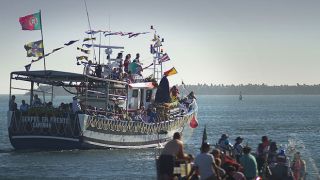


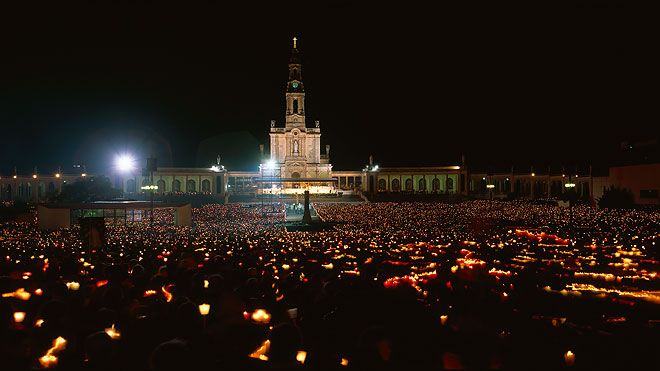



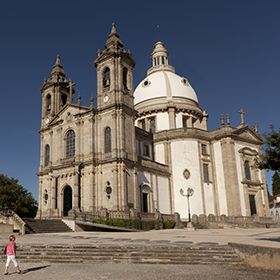

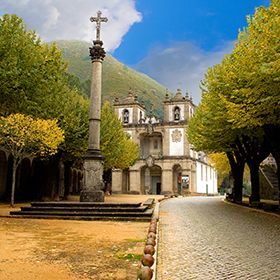
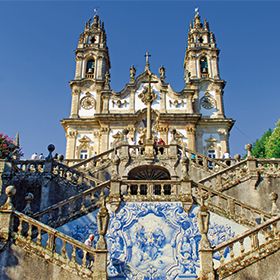
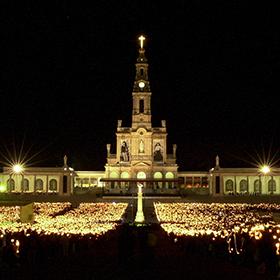
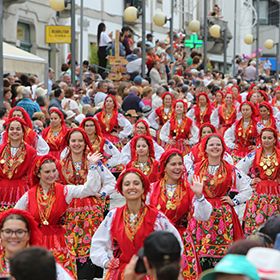
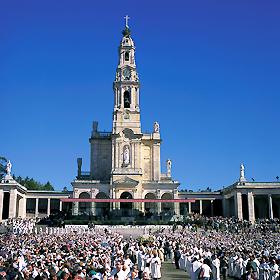
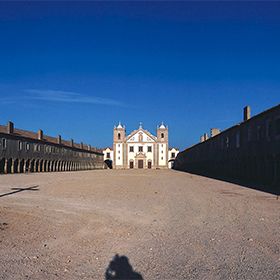
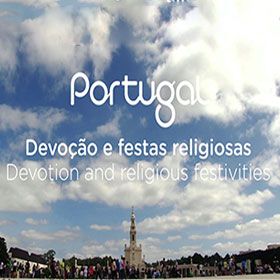
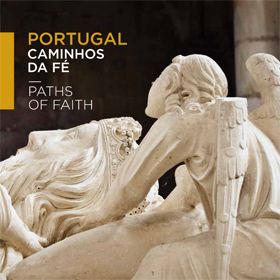


 Explore
Explore 
 Remember and Share
Remember and Share 

